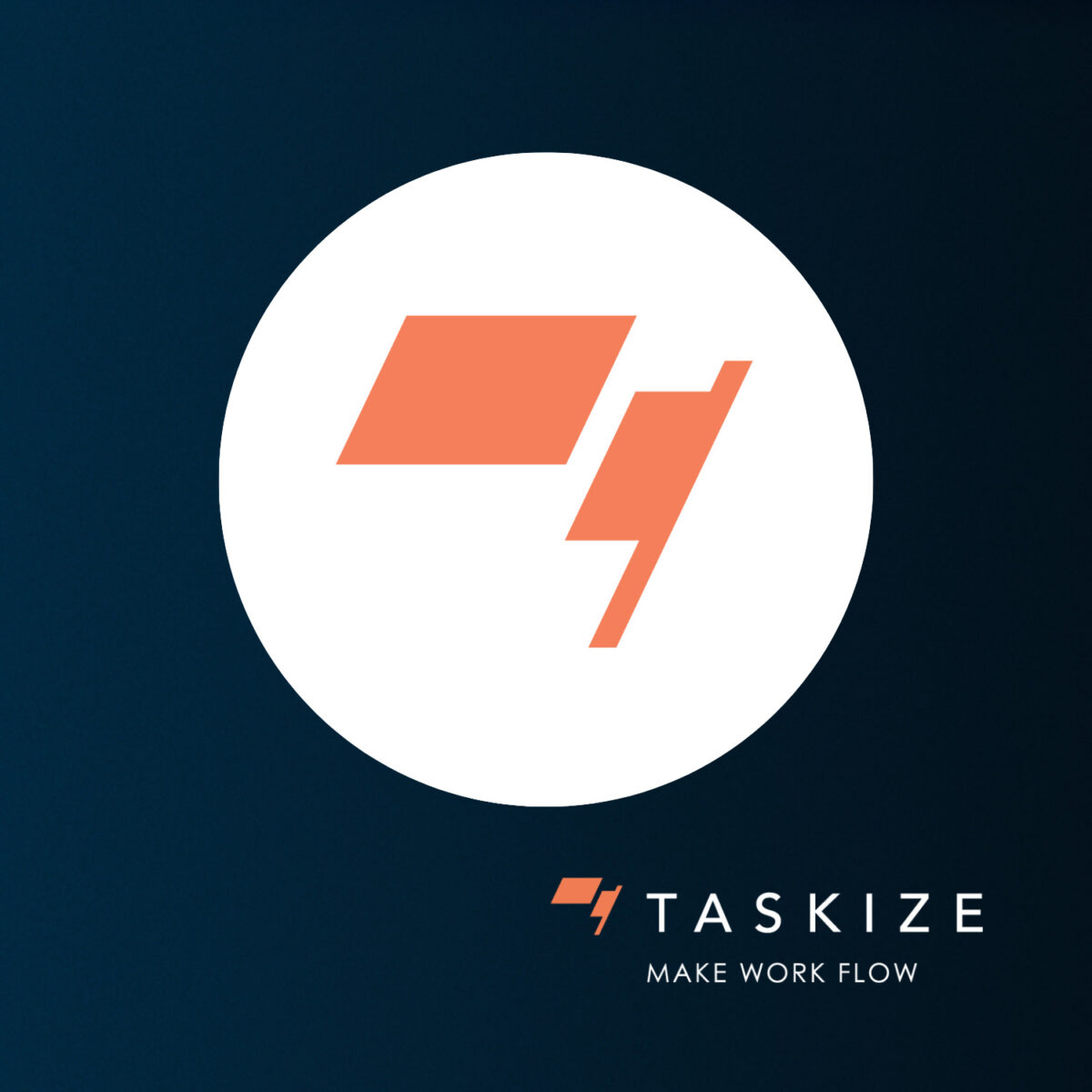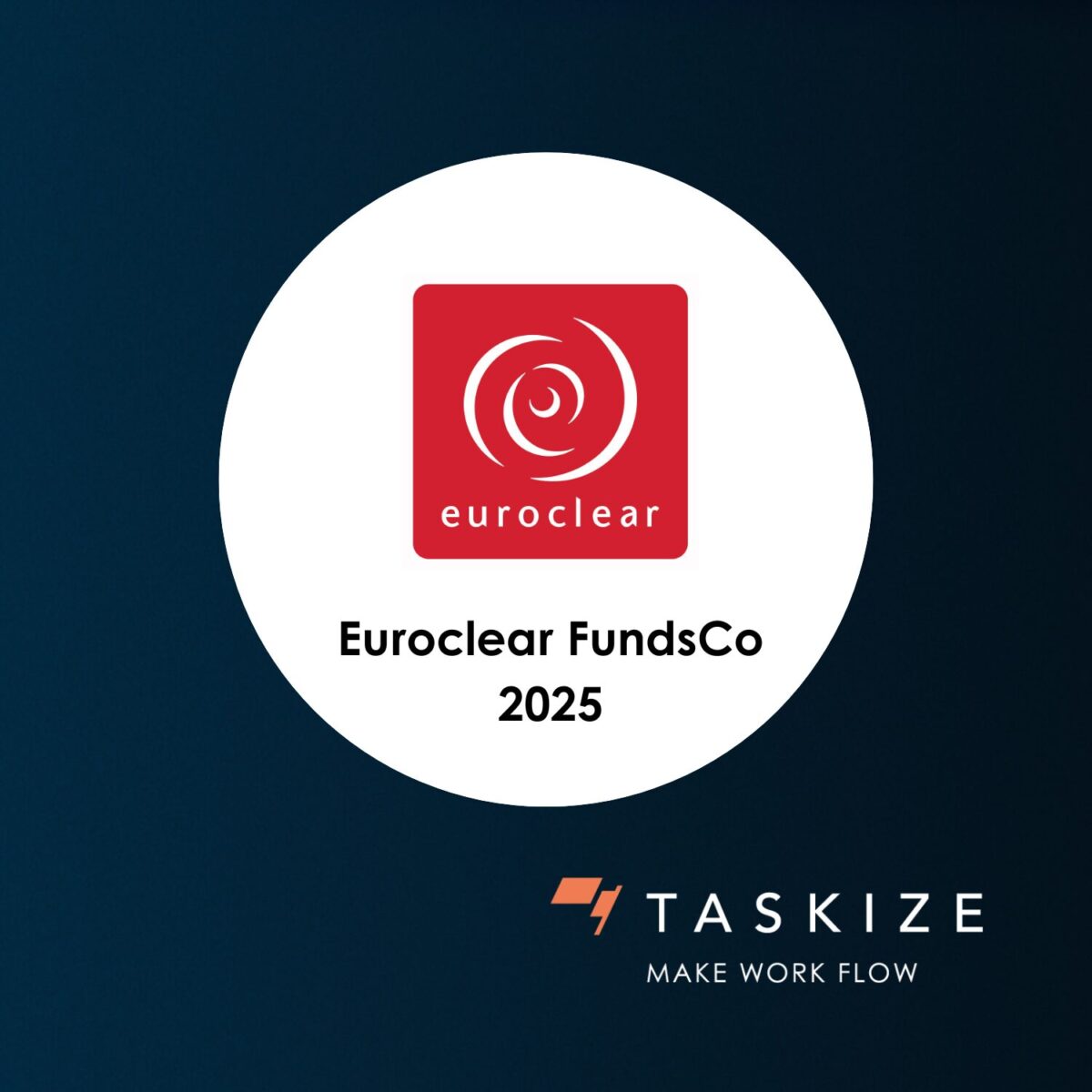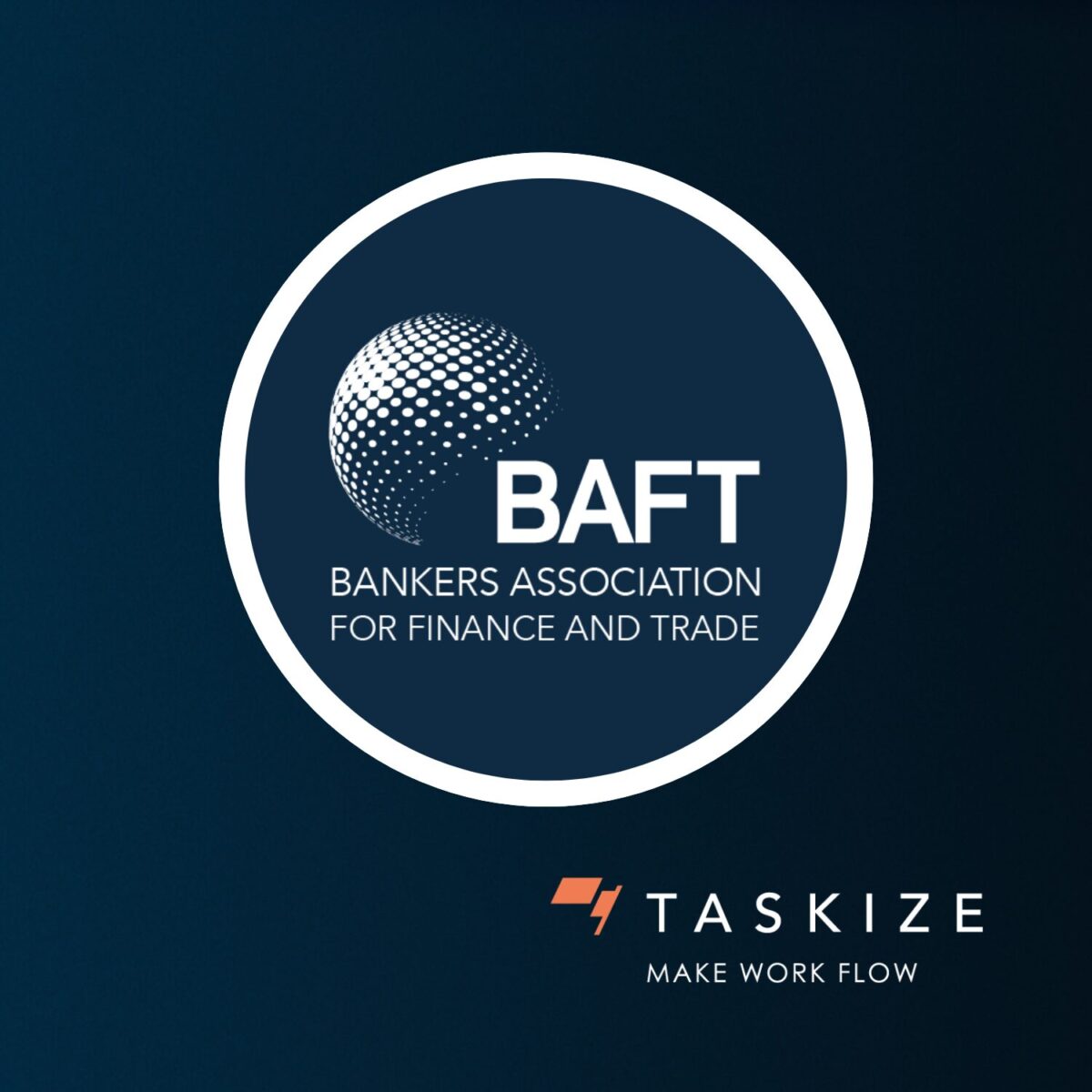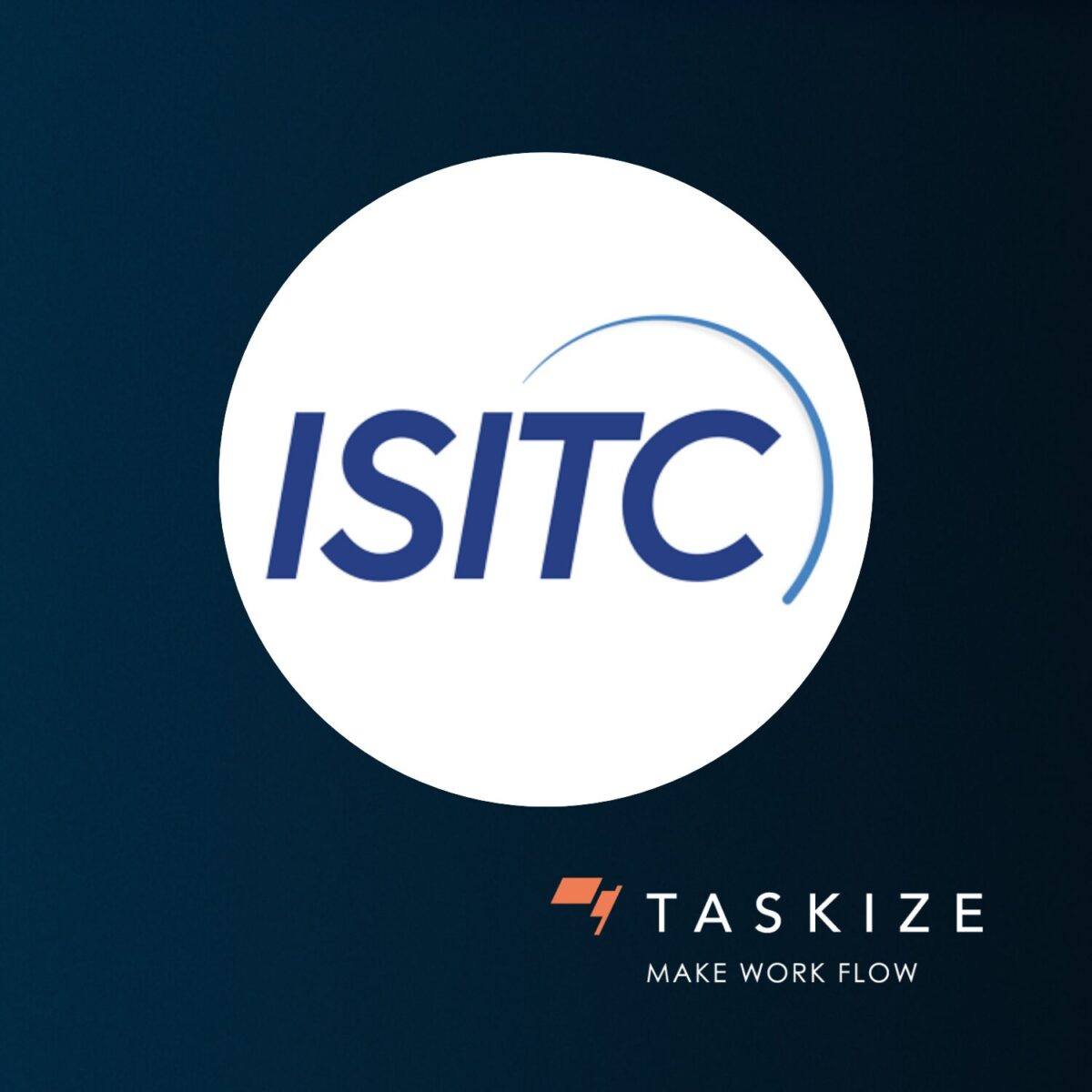Press releases
CSDR has been postponed until February 2022. Read about the announcement below.
It has now been informally, but credibly, pre-announced that the CSDR Settlement Discipline Regime will come into force in February 2022, a postponement of 12 months.
This follows heavy lobbying by many market participants either directly or through industry bodies. The decision may also have been influenced by the UK government announcement that it will not implement the new regulation, which commentators noted could put European equity markets at a disadvantage to London.
At least the UK announcement was definitive; Europe’s postponement is subject to the legislative processes of the European Commission, Parliament and Council, which could take some months to complete. There is a chance that the postponement will not be ratified.
“The regulator is unlikely to look kindly on organisations that are not ready with an additional year of time to prepare”
So, where does that leave those responsible for dealing with CSDR?
There will be an enormous temptation to temporarily shelve CSDR readiness projects for a few months, in the hope that perhaps they will not need to be resurrected. But the reality is that many CSDR projects were running late and this was exacerbated by the pandemic. So, whilst market participants may hope that the regulations are dropped or reshaped substantially, that is a high-risk course of action given the level of commitment European regulators have demonstrated. The breathing space offered here enables these programs to continue and deliver in time. The regulator is unlikely to look kindly on organisations that are not ready with an additional year of time to prepare.
Programs for the Settlement Discipline Regime have mostly been a divided into two main streams. Firstly, work on improving settlement efficiency – after all this is the primary driver for the regulation in the first place. Secondly, be able to meet new penalty and mandatory buy-in processing obligations. Finally, for some market participants there was an additional third stream that looked at new services that could be offered like predictive pre-penalty alerts.
So, while lobbyists use the extra time to work with the regulators to iron out the creases in the regulation, firms can now concentrate on stream one which will bring immediate value to the industry by increasing overall settlement efficiency, and in the process address a pressing concern of market participants to reduce costs and bolster their bottom lines.
Consequently, resources assigned to the CSDR projects may be able to take a breather over the summer, but they will be right back at it on their return and very likely all that way to February 2022.



